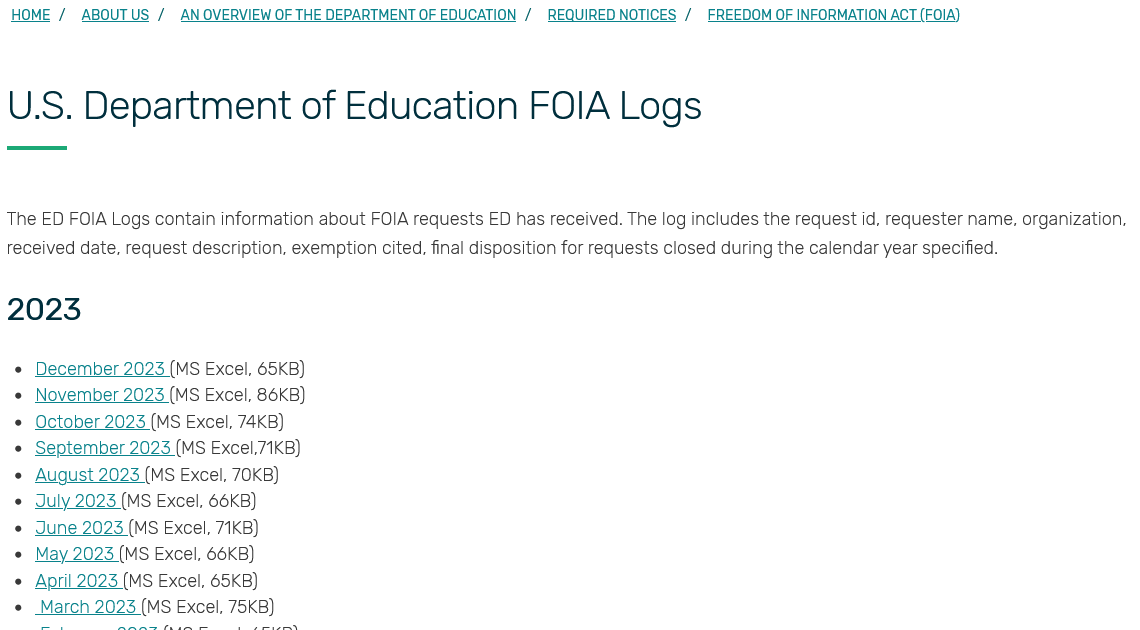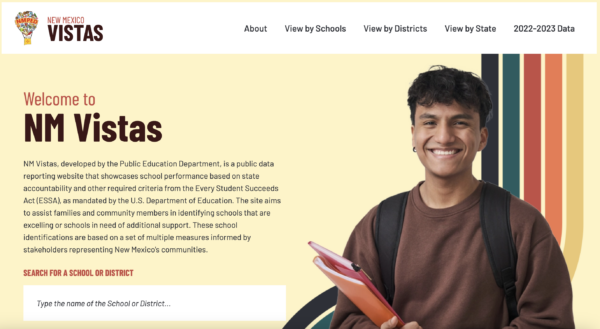Key points:
Teacher evaluations have been the subject of debate for decades. Breakthroughs have been attempted, but rarely sustained. Researchers have learned that context, transparency, and autonomy matter. What’s been missing is technology that enhances these at scale inside the evaluation process–not around it.
As an edtech executive in the AI era, I see exciting possibilities to bring new technology to bear on these factors in the longstanding dilemma of observing and rating teacher effectiveness.
At the most fundamental level, the goals are simple, just as they are in other professions: provide accountability, celebrate areas of strong performance, and identify where improvement is needed. However, K-12 education is a uniquely visible and important industry. Between 2000 and 2015, quality control in K-12 education became more complex, with states, foundations, and federal policy all shaping the definition and measurement of a “proficient” teacher.
For instance, today’s observation cycle might include pre- and post-observation conferences plus scheduled and unscheduled classroom visits. Due to the potential for bias in personal observation, more weight has been given to student achievement, but after critics highlighted problems with measuring teacher performance via standardized test scores, additional metrics and artifacts were included as well.
All of these changes have resulted in administrators spending more time on observation and evaluation, followed by copying notes between systems and drafting comments–rather than on timely, specific feedback that actually changes practice. “Even when I use Gemini or ChatGPT, I still spend 45 minutes rewriting to fit the district rubric,” one administrator noted.
“When I think about the evaluation landscape, two challenges rise to the surface,” said Dr. Quintin Shepherd, superintendent at Pflugerville Independent School District in Texas. “The first is the overwhelming volume of information evaluators must gather, interpret, and synthesize. The second is the persistent perception among teachers that evaluation is something being done to them rather than something being done for them. Both challenges point in the same direction: the need for a resource that gives evaluators more capacity and teachers more clarity, immediacy, and ownership. This is where AI becomes essential.”
What’s at stake
School leaders are under tremendous pressure. Time and resources are tight. Achieving benchmarks is non-negotiable. There’s plenty of data available to identify patterns and understand what’s working–but analyzing it is not easy when the data is housed in multiple platforms that may not interface with one another. Generic AI tools haven’t solved this.
For teachers, professional development opportunities abound, and student data is readily available. But often they don’t receive adequate instructional mentoring to ideate and try out new strategies.
Districts that have experimented with AI to provide automated feedback of transcribed recordings of instruction have found limited impact on teaching practices. Teachers report skepticism that the evolving tech tools are able to accurately assess what is happening in their classrooms. Recent randomized controlled trials show that automated feedback can move specific practices when teachers engage with it. But that’s exactly the challenge: Engagement is optional. Evaluations are not.
Teachers whose observations and evaluations are compromised or whose growth is stymied by lost opportunities for mentoring may lose out financially. For example, in Texas, the 2025-26 school year is the data capture period for the Teacher Incentive Allotment. This means fair and objective reviews are more important than ever for educators’ future earning potential.
For all of these reasons, the next wave of innovation has to live inside the required evaluation cycle, not off to the side as another “nice-to-have” tool.
Streamlining the process
My background at edtech companies has shown me how eager school leaders are to make data-informed decisions. But I know from countless conversations with administrators that they did not enter the education field to crunch numbers. They are motivated by seeing students thrive.
The breakthrough we need now is an AI-powered workspace that sits inside the evaluation system. Shepherd would like to see “AI that quietly assists with continuous evidence collection not through surveillance, but pattern recognition. It might analyze lesson materials for cognitive rigor, scan student work products to detect growth, or help teachers tag artifacts connected to standards.”
We have the technology to create a collaborative workspace that can be mapped to the district’s framework and used by administrators, coaches, support teams, and educators to capture notes from observations, link them to goals, provide guidance, share lesson artifacts, engage in feedback discussions, and track growth across cycles. After participating in a pilot of one such collaborative workspace, an evaluator said that “for the first time, I wasn’t rewriting my notes to make them fit the rubric. The system kept the feedback clear and instructional instead of just compliance-based.”
As a superintendent, Shepherd looks forward to AI support for helping make sense of complexity. “Evaluators juggle enormous qualitative loads: classroom culture, student engagement, instructional clarity, differentiation, formative assessment, and more. AI can act as a thinking partner, organizing trends, highlighting possible connections, identifying where to probe deeper, or offering research-based framing for feedback.”
The evaluation process will always be scrutinized, but what must change is whether it continues to drain time and trust or becomes a catalyst for better teaching. Shepherd expects the pace of adoption to pick up speed as the benefits for educators become clear: “Teachers will have access to immediate feedback loops and tools that help them analyze student work, reconsider lesson structures, or reflect on pacing and questioning. This strengthens professional agency and shifts evaluation from a compliance ritual to a growth process.”
Real leadership means moving beyond outdated processes and redesigning evaluation to center evidence, clarity, and authentic feedback. When evaluation stops being something to get through and becomes something that improves practice, we will finally see technology drive better teaching and learning.






